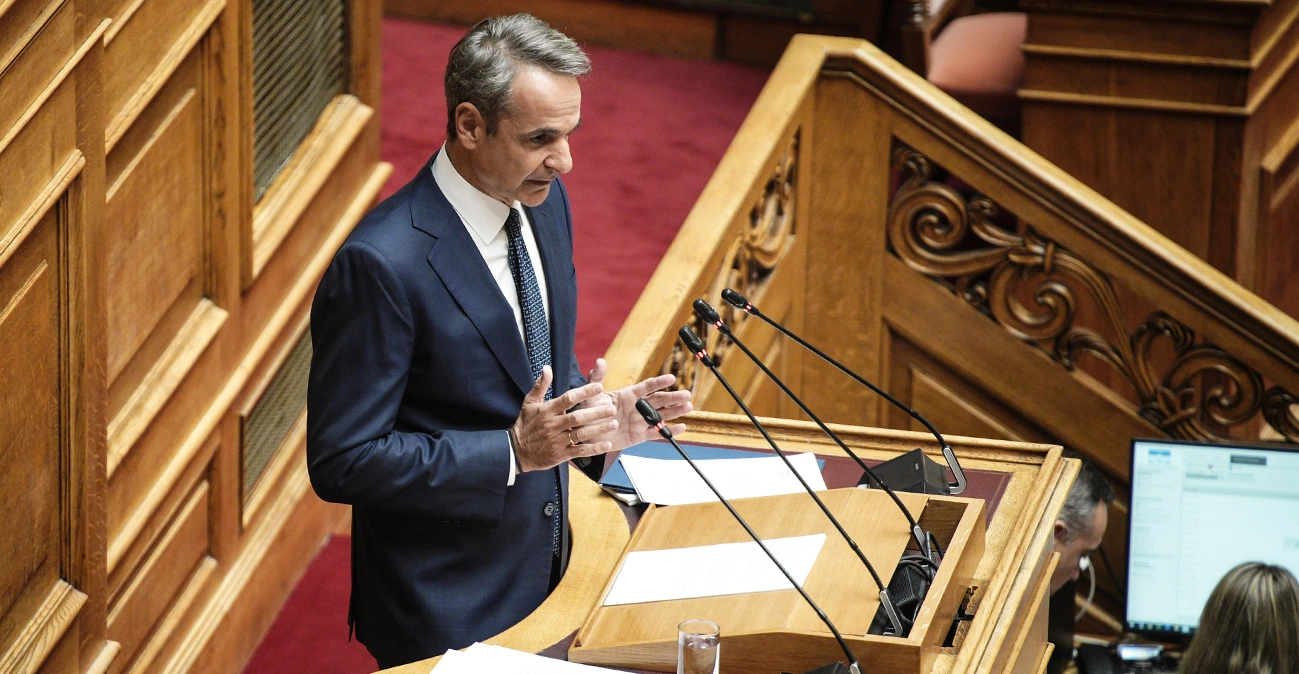As the political debate on VAT reductions in the country is “ignited”, the OECD published its annual report on Greece on Thursday and recommends that the government limit or abolish low VAT rates, remove tax exemptions for pensioners, and increase taxes on “unhealthy” habits and products such as tobacco or anything containing sugar, salt, etc.
According to the Organization for Economic Cooperation and Development Report for 2024, it is considered necessary to broaden the tax base. It recommends reviewing special provisions or exemptions in the tax system and limiting tax exemptions or reduced tax rates.
It specifically targets fuel subsidies, tax exemptions for pensioners, personal and family income tax deductions, e.g. for medical care or expenses to professionals, tax exemptions for rental income, and special provisions for VAT.
The report acknowledges that tax evasion in the VAT has been reduced, but remains one of the highest in the EU. However, it is based on data for the years 2021-2022, as no new Commission data have been officially announced, expected in the coming days, and are expected to show a drastic reduction in the VAT “gap” in 2022-2023, due to the implementation of new anti-tax evasion measures (POS, myDATA etc).
On this basis, however, it argues that the improving but still low level of compliance continues to limit revenues, despite high consumption tax rates. In 2022, Greece imposed the 7th highest VAT rate in the OECD, but the contribution of VAT to government revenues was at the level of the OECD average.”
Describing the problem, in its recommendations to Greece, the OECD stresses that numerous tax expenditures (i.e. tax reductions or exemptions) particularly from the widespread use of reduced VAT rates, reduce public revenues. Their efficiency is low and, as it underlines, “VAT reductions favor the richest households.” Therefore, it is recommended “the abolition of reduced VAT rates and VAT exemptions”, but also a comprehensive and regular re-evaluation of the benefits and costs of all existing tax deductions or exemptions.
The OECD also estimates that “Greece has room to raise excise taxes on harmful goods. Excise taxes on tobacco could be increased as – like many other EU countries – Greece has not yet introduced excise taxes on foods rich in fat, sugar, and salt.
The OECD argues that “the costs of smoking and dietary risks in Greece are high. Smoking contributed to 22% of deaths in 2019, compared to an EU average of 17%. Smoking prevalence among 15-year-olds is now at the level of the EU average, but smoking among adults remains high by international comparison. In contrast, dietary risks contribute less to deaths than in other EU countries, but obesity among young people has increased from 22% in 2018 to 28% in 2022 and is a particular health problem. Taxing tobacco and unhealthy foods could orient people towards healthier behaviors and raise revenue to tackle health costs.”
Ask me anything
Explore related questions





